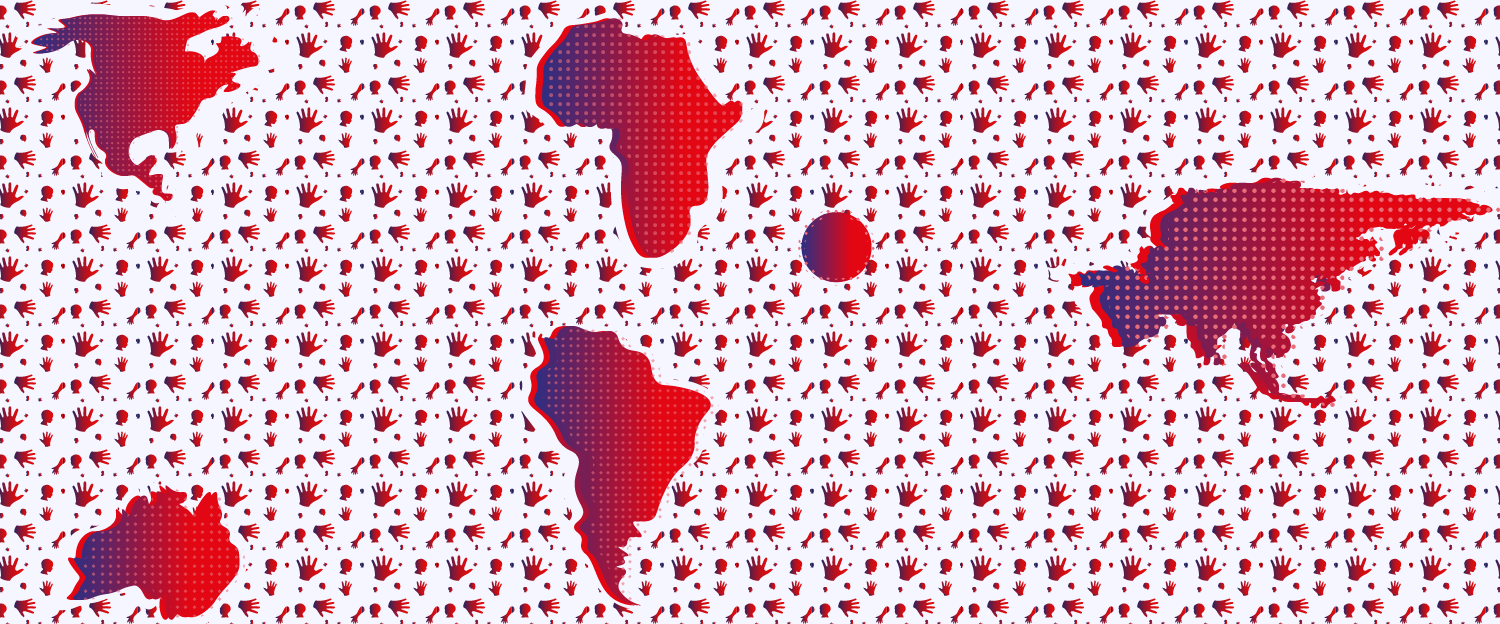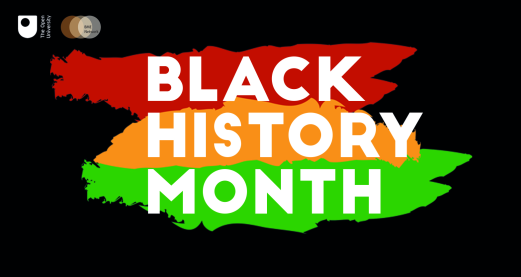What is the Degree Awarding Gap?
The degree awarding gap was until recently known as the degree attainment gap; however the language was changed as the former implied that this gap is the fault of a deficit within students, rather than institutions and educators. Data about the gap refers to students obtaining ‘good’ classifications in their degrees, either firsts or seconds. According to Advance HE (2020), in the 2019/20 academic year, the proportion of white students who graduated with a first or upper second-class degree was significantly higher than their black counter parts, with gaps between Black African students at 19%, Black Caribbean students at 16.5% and ‘other’ Black backgrounds at 22.3%. One of the key issues is that white students are receiving disproportionate degree classifications for ‘good’ degrees despite joining universities with the same level of qualifications as other students with similar socio-economic backgrounds. What is happening within the university environment to create such disparities in degree outcomes based on ethnicity?

Caroline Derry and Allison Wolfreys (2020) note the importance of including a broader range of histories in the curriculum as this can provide a more inclusive learning environment, engage all students with varied case studies, position Britain within a colonial context, and has the potential to help narrow the degree awarding gap. This is supported by Johnnie McKinley (2010) who believes in raising students’ achievement through culturally responsive teaching, as unsatisfactory attention is being paid by educators to students’ cultural backgrounds and learning styles. Such an approach might go some way to reducing the degree awarding gap in the UK, in addition to addressing feelings of exclusion and alienation.
Addressing Decolonisation in Higher Education
Education has been described as a continuing colonial project which is part of a ‘global colonial power matrix’ that privileges knowledge from certain cultures above others (Grosfoguel, 2011, p. 10). This underpins, and is central to, debates about the need to decolonise institutions and accompanying curriculums. These ideals are framed by notions of inclusion, race and racism. For some this will be regarded as simply just another diversity tick-box exercise; however this is an ongoing process rather than a quick fix.
There is no single definition of decolonisation, and some may question its usefulness given that it has become a buzzword in UK HE in recent times. For Gurminder Bhambra and colleagues (2018, p. 1) it’s a way of challenging ‘colonialism, empire and racism’ by exploring how these discourses continue to permeate contemporary society and it also seeks to provide different, and more just, ways of viewing the world.

Maha Bali (Open University, 2020) has discussed the challenges of achieving diversity within higher education: ‘I don’t think a lot of the time that those structures are then modified to support the inclusion…a lot of times it’s tokenistic’. She adds that ‘a lot of times you talk about inclusion as bringing someone to the table. And the thing is who decides what the table looks like’. This focus on who has the power to include and exclude is crucial as those in power have historically marginalised certain racial and ethnic groups. Being an inclusive institution, or educator, demands reflection on who your cohorts are and what they bring in terms of their identities. That said, regardless of the intersectionality of diverse identities within our learning audiences, culturally appropriate material is paramount regardless of who we are teaching.
Black and Postcolonial Feminist approaches
As I have written about elsewhere, taking a black and postcolonial feminist approach to decolonisation is one way to address injustice and inequalities within the sphere of Higher Education (Choak, 2020). The term postcolonial, alongside black feminism, emphasises the importance of historical contexts which have been key to the continued reproduction of racist ideas. That said, black feminism is of course underpinned by the impact of history, although most people will not be aware of this. The term feminism reminds people that decolonisation isn’t only about race. It shouldn’t have taken the death of George Floyd for black women’s experiences of police brutality to be finally recognised in the public imaginary, however the experiences of men continue to dominate.
Central to understanding the degree awarding gap is intersectionality, a central aspect of black feminist thought in terms of the potential for overlapping oppressions. Kimberlé Crenshaw (1989) is associated with evoking this term to explain the oppression of black women. However, this approach has a long history among black feminists such as Sojourner Truth and Angela Davis who were promoting these ideas before it emerged as an academic discipline in the late twentieth century. Patricia Hill-Collins & Sirma Bilge (2016, p. 67) argue that Truth’s ‘ain’t I a woman?’ speech was a ‘benchmark for intersectional sensibilities’. Taking an intersectional approach to student identities and educational experiences allows for the contextualisation of historical and contemporary factors to help understand the lack of success of some black learners compared to their white counterparts.
Culturally Responsive Pedagogy
Taking an intersectional approach, which centralises issues of culture and race, is key in terms of developing culturally responsive pedagogy.Educational settings are often characterised by ‘white dominance’, framed by colonialism and racism (Fatima Pirbhai-Illich et al., 2017, p. 5). Taking an intersectional approach, which centralises issues of culture and race, is key in terms of developing culturally responsive pedagogy. Culture as defined by Sheryl Taylor and Donna Sobel (2001, p. xv) is multifaceted, dynamic, shared, learned, and can be transmitted from generation to generation or group to group. That said, questions to reflect on as an educator when considering this framework include the fluidity of culture, what it means to be culturally responsive, and how challenges can be addressed. Gloria Ladson-Billings (1995) stresses the importance of students’ own cultures whereby teaching is culturally relevant. For Sherly-Ann Hodgkinson-Williams and Henry Trotter (2018, pp. 204, 220) this involves working towards ‘culturally relevant education to all’, with challenges including the need to ‘re-acculturate’ pedagogy. While Jenny Douglas (2020) notes the importance of ‘checking that all content uses inclusive language; Content (including case studies) draws from sources that reflect a wide range of diversity; Ensuring students are exposed to a range of culturally challenging views, opinions and contexts’. However, she makes the important point that it’s not just about replacing old content with new content: it is about the inclusion of multiple perspectives, considering where value is placed, and not adding tokenistic case studies. Likewise, Geneva Gay (2010, p. 143) has argued that ‘minor modifications’ are not enough because now more than ever dominating Eurocentric perspectives are inappropriate as students are coming from increasingly diverse racial and cultural backgrounds. She asks to what extent do educators reflect critically on issues of racial diversity and differences and students’ cultural backgrounds, because many will refuse to do so. Ultimately feelings of alienation can contribute negatively to students’ overall degree classification.
Conclusion
The notion of multiple, and competing, identities, and an acknowledgment of intersectional analysis, is one of the fundamental issues which needs to be better inserted into the minds of those at all levels, in addition to institutions themselves so this has to be a collaborative effort. There is no quick fix in terms of closing the degree awarding gap, with investment required, in addition to buy-in from staff at all levels and institutional commitment (Wong et al., 2021). However, understanding the decolonial baggage which exists within classrooms, course materials and educators is a useful starting point. This should be acknowledged and reflected upon before being proactive and analysing curriculums and individual modules within them in order to provide more inclusive, and diverse, spaces and tools for students to flourish. It is crucial to ensure that educators do not replicate, or recolonise, the Higher Education decolonisation process.




Rate and Review
Rate this article
Review this article
Log into OpenLearn to leave reviews and join in the conversation.
Article reviews